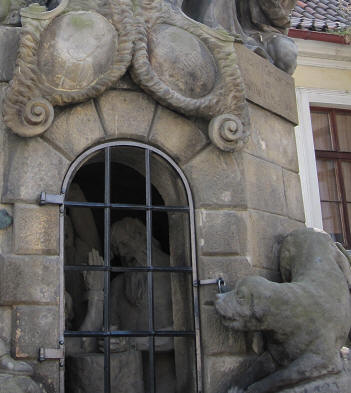Catholic Medical Quarterly Volume 65(4) November 2015
Editorial
Are there intrinsically evil moral acts?
Dr Pravin Thevasathan
 No,
according to Father Alain Thomasset SJ, a Belgian professor of moral
theology. In his presentation at the now famous "shadow council" led by
the German bishops and aimed at moving the synod on the family in a
liberal direction, he said that " the interpretation of the doctrine of
acts known as "intrinsically evil" is seemingly one of the principal fonts
of difficulty currently encountered in the pastoral care of families, as
it determines to a large extent the condemnation of artificial
contraception, of sexual acts by the divorced and remarried and by
homosexual couples, even when they are stable."
No,
according to Father Alain Thomasset SJ, a Belgian professor of moral
theology. In his presentation at the now famous "shadow council" led by
the German bishops and aimed at moving the synod on the family in a
liberal direction, he said that " the interpretation of the doctrine of
acts known as "intrinsically evil" is seemingly one of the principal fonts
of difficulty currently encountered in the pastoral care of families, as
it determines to a large extent the condemnation of artificial
contraception, of sexual acts by the divorced and remarried and by
homosexual couples, even when they are stable."
He notes that an understanding of some acts as intrinsically evil "seems incomprehensible to many and seems pastorally counter-productive...it neglects the biographical dimension of existence and the specific conditions of each personal journey."
He concludes that "one should not be too quick to qualify a sexual or contraceptive act as intrinsically evil."
Certainly the theologians at the shadow council , Francois-Javier Amherdt, Anne-Marie Pelletier, Thomas Soeding, Eva-Maria Faber and Eberhard Schockenhoff among others, share a vision at variance with Catholic orthodoxy. Their theology is in fact a carefully disguised form of situation ethics called by different names: a theology of love, a theology of biography etc. The life experiences of individuals are what matters in order to determine the morality of human acts. What matters is the context of an act rather than the objective moral norm. The natural law is to be rejected in favour of the "law of love". Joseph Fletcher said it best:"All laws..are only contingent, only valid if they happen to serve love." The eminent German Jesuit, Josef Fuchs, appears to have followed this principle.Of course, Fletcher did not limit his moral vision to sexual ethics. He also argued in favour of abortion and euthanasia in certain given situations.
Eberhard Schockenhoff has form. In the single most important book on medical ethics I have read (Manual of Medical Ethics by Cardinal Eijk, LM Hendricks, JM Raymakers and John Flemming, Conor Court Publishing, 2014), it is noted that he has argued against the principle that it is intrinsically evil to intentionally kill innocent human beings. What about a mentally ill person who is a danger to others, he asks? He may not be guilty but he may surely be harmed, even killed?
In response, the authors of the Manual show that while the mentally ill person is not an unjust aggressor in the formal sense, he is one materially and is thus guilty in a technical sense. An understanding in Thomistic principles is required to follow this line of argument, an understanding that appears lacking in so many of our professors of moral theology.
With the rejection of objective moral norms, we are witnessing a collapse of Catholic moral thinking. We are back in the tried and failed age of Father Charles Curran, condemned by Saint John Paul. More accurately, we have reverted back to the Modernism condemned by Saint Pius X over a hundred years ago. The German Church, entrenched in its liberalism, has been in a state of decline for some time. It is now requesting a stronger dose of the poison that has been killing it. Let not the Rhine flow into the Tiber this time.
